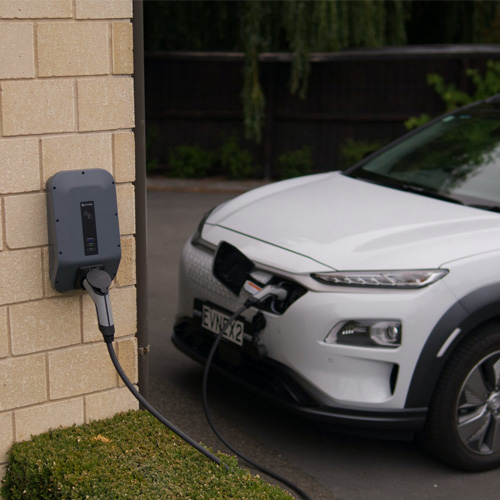In today's autumn statement the Chancellor set out tax rises and spending cuts and one of the victims of were electric vehicles.
From April 2025 brand new purchased electric vehicles will pay VED of £10 in the first year. From the second year onward they will incur a £165 annual VED standard rate.
For existing electric vehicles there will be a retrospective tax. For EVs registered between 1 April 2017 and 31 March 2025 an annual VED will be charged in the form of the standard rate. This is currently set at £165 per year.
EVS first registered between March 2001 and the end of March 2017 will be moved to the current band B rate of VED at £20 per year.
Currently expensive cars (those costing over £40,000 when new) pay a supplment on top of normal VED for five years from the second time the vehicle is taxed after first registration (years 2 to 6). The supplement is currently £355 per year. Electric vehicles were exempted from this, but not anymore.
The above means that in addition to the £165 standard VED rate, an EV purchased new from April 2025 and costing over £40,000 will pay another £355 - so a total annual VED bill of £520 or just over £40 a month.
EV vans will move to the same PLG (light goods) VED rate for petrol and diesels, which is £290 per year.
EV motorbikes and trikes will be charged £22 per year.
Hybrid rates will be the same as regular petrols and diesels with no discounts.
Additionally, the company car tax treatment of EVs will be changed from April 2025. EVs and other cars putting out less than 75 grams of CO2 will see BIK rates rise by one percent per year from 2025/26 to 2027/28. This means that by 2028 EVs will have a BIK rate of 5 percent and ultra-low emission vehicles a BIK rate of 21 percent.


